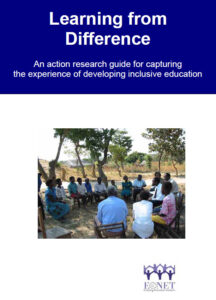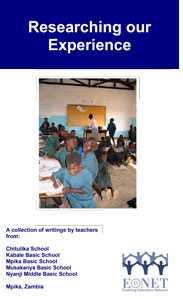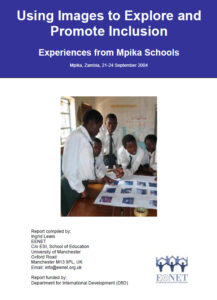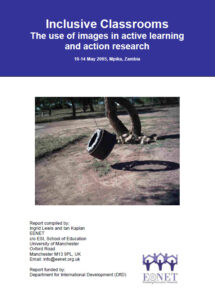Our latest writer mentoring project with members of the Arabic Language Community builds on more than two decades of previous work.
Supporting writers for 25 years
Since 1997 EENET has supported education stakeholders to document and share their inclusive education ideas and experiences. We quickly learned that it was not enough simply to provide a platform for sharing documents. Many stakeholders who had exciting and informative stories to share would tell us “we would love to publish our story, but we don’t know where to start with writing about our experiences”.
Just over 20 years ago, we created a project to address this challenge. It was originally referred to as ‘writing workshops’ but quickly evolved into an action research project. We recognised that writing a good article about inclusive education experiences needed to start with having the skills and confidence to dig under the surface of the story, to reflect critically on what works and needs improving from the perspectives of diverse stakeholders. A good inclusive education article is informative and honest, about the positives and negatives, not just a superficially positive promotional piece. And the process of writing about our experiences can lead to reflections and improvements in our own work, not just giving advice to other readers.
The start of our work on action research
EENET’s first action research project in 2002 supported teachers in Zambia and Tanzania to use creative ways to research and reflect on their own practices and what was happening in their school communities. Their hard work provided lots of lessons that we wrote up in an action research guide.
Learning from Difference: An action research guide for capturing the experience of developing inclusive education (2005)

The Zambian teachers also produced a collection of their action research stories.
Researching Our Experience. A collection of writings by teachers from Zambia (2003)

We did a small follow-up project with the Zambian teachers, focusing on using images for action research and documenting inclusive education experiences.
Using Images to Explore and Promote Inclusion: Experiences from Mpika Schools (2004)

Inclusive Classrooms: The use of images in active learning and action research (2005)

